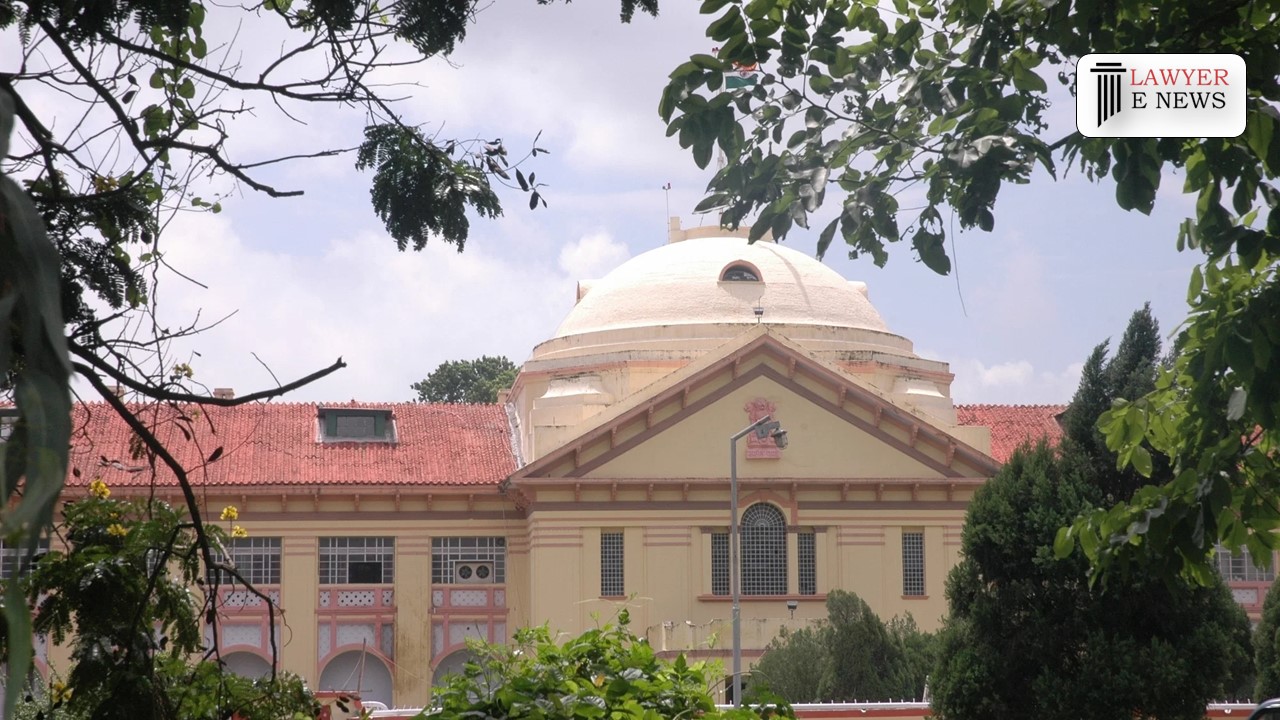-
by Admin
15 February 2026 2:16 AM



The court reaffirms the respondent's status as the legally wedded wife, emphasizing the rebuttable presumption of marriage under Section 9 of the Hindu Marriage Act.
The Patna High Court has upheld the decision of the Family Court, Bhagalpur, granting a decree of restitution of conjugal rights in favor of Tesu Kumari against Neeraj Kumar Singh. The court's judgment reaffirmed the respondent's status as the legally wedded wife, emphasizing the legal presumption arising from long-term cohabitation as husband and wife. This decision is pivotal in addressing marital disputes where the legitimacy of the marriage is contested.
The case stemmed from a matrimonial dispute where Tesu Kumari filed for restitution of conjugal rights under Section 9 of the Hindu Marriage Act, 1955. The respondent claimed that she and the appellant, Neeraj Kumar Singh, were married on November 9, 2003, according to Hindu rites and customs. Despite living together and presenting themselves as a married couple, the appellant later denied the marriage and married another woman, prompting the respondent to seek legal redress.
The court considered extensive oral and documentary evidence, including testimonies from various witnesses and documentary evidence such as the marriage certificate and guesthouse records. The Family Court found that the respondent had established her marriage to the appellant and granted the decree for restitution of conjugal rights.
"The continuous cohabitation of man and woman as husband and wife and their treatment as such for a number of years may raise the presumption of marriage," the court noted, drawing from precedents such as Gokal Chand v. Parvin Kumari.
The court emphasized the legal presumption that arises from prolonged cohabitation, a principle supported by multiple precedents. "If a man and woman live together for long years as husband and wife, a presumption arises in law of the legality of marriage existing between the two," the court cited from S.P.S. Balasubramanyam v. Suruttayan alias Andali Padayachi.
However, the court also acknowledged that this presumption is rebuttable. "The said presumption is rebuttable though heavy onus is placed on the one who seeks to deprive the relationship of its legal origin," referring to Tulsa v. Durghatiya.
The court's decision rested on the principles of evidence evaluation in marital disputes. It reiterated that the presumption of marriage arising from long-term cohabitation is substantial but rebuttable with compelling evidence. The appellant's failure to provide conclusive evidence against the marriage, coupled with consistent testimonies and documentary proof presented by the respondent, led the court to uphold the Family Court's decree.
"Law leans in favor of legitimacy and frowns upon bastardy," the court quoted from Badri Prasad v. Dy. Director of Consolidation, underscoring the judicial inclination to uphold the legitimacy of relationships presumed to be marital.
Justice Arun Kumar Jha remarked, "The respondent is the first legally wedded wife of the appellant and is entitled to the decree of restitution of conjugal rights against the appellant".
The Patna High Court's decision to uphold the Family Court's decree emphasizes the judicial system's commitment to protecting the sanctity of marriage and the legal rights arising from long-term cohabitation. This judgment reinforces the legal presumption of marriage and the onus on the disputing party to provide compelling evidence to the contrary. The ruling is expected to influence future cases involving marital disputes, particularly those questioning the legitimacy of marriages formed through long-term cohabitation.
Date of Decision: 10 May 2024
Neeraj Kumar Singh v. Tesu Kumari
